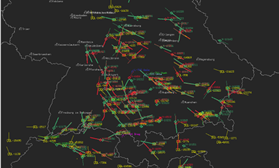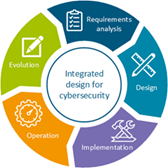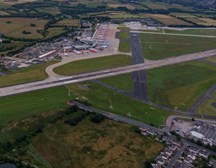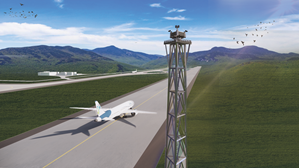Capabilities, Certification and Verification of New Technologies for ATC Primary Radars
EUROCAE Paves the Way for Alternative Technology Primary Radars The leading European organization for the development of international aviation standards has published its Technical Specification for an Independent Non-Cooperative Surveillance (INCS) System.EUROCAE, the European Organisation for Civil Aviation Equipment, is a body that draws together specialists from operators, air navigation service providers and suppliers to address challenges and standardize solutions for future airspace needs.
administrator ATC Network






.jpg)

.png)






